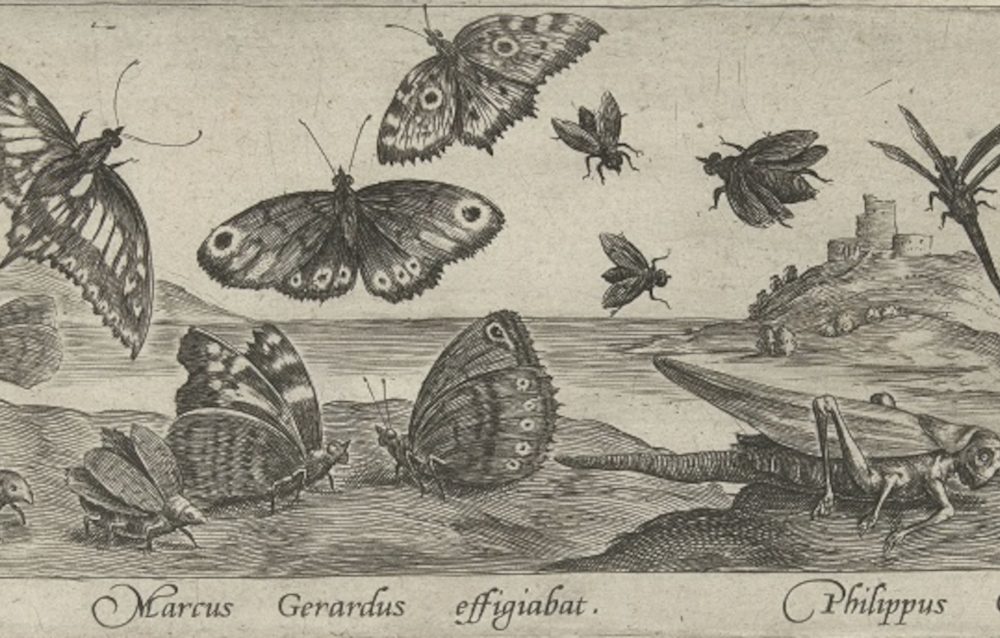Why take part?
During the workshop, you will learn how to do justice to the voices from the past, while reading them from a vantage point informed by contemporary environmental humanities. The event is open to all BA, MA and PhD students interested in climate, environmental and cultural history.
Questions addressed in the workshop
- How did Western Early Modern literary cultures react to weather and climatic events?
- What texts did they read to understand their environment?
- In what genres can a historian look for past knowledge about nature?
- How to ecocritically re-read Early Modern sources to produce new knowledge about past human-environment interactions?
- How does the Anthropocene paradigm change and influence our perception of the Early Modern era?
- How to practice 'responsible imaginative anachronism' (Mentz 2019) when reading premodern texts with our current conceptual toolboxes and ethical agendas?
- What is the difference between the 'good' and the 'bad' anachronism (Adkins 2016) when using the past a 'comparative sounding-board' (Rubin 2017) for the environmental concerns of today?
Conveners
Dr Joana van de Löcht is a postdoctoral scholar of German literature working at Freiburg University (Germany). Her research interests lie in the early modern period and here in the area of climate and literature. Furthermore, she has been working for some time in the field of literary soil studies, especially on the cultural poetics of the peatlands.
Dr Ada Arendt is a cultural historian studying environmental history through the idea of care. She is a Postdoctoral Fellow at the Institute of Archaeology, Conservation and History at the University of Oslo.
How to apply & practical information
To take part in the workshop, please register by August 31.
The event takes place on 4 and 5 September (Monday and Tuesday), 16:00–19:00 in person at the University of Oslo and online in Zoom. The workshop is uncredited. A good level of spoken and written English is required.
Location:
4 September: Meeting room 1116, Niels Treschows hus
5 September: DSC-Oasen, Georg Svedrups hus (main library), floor 01
